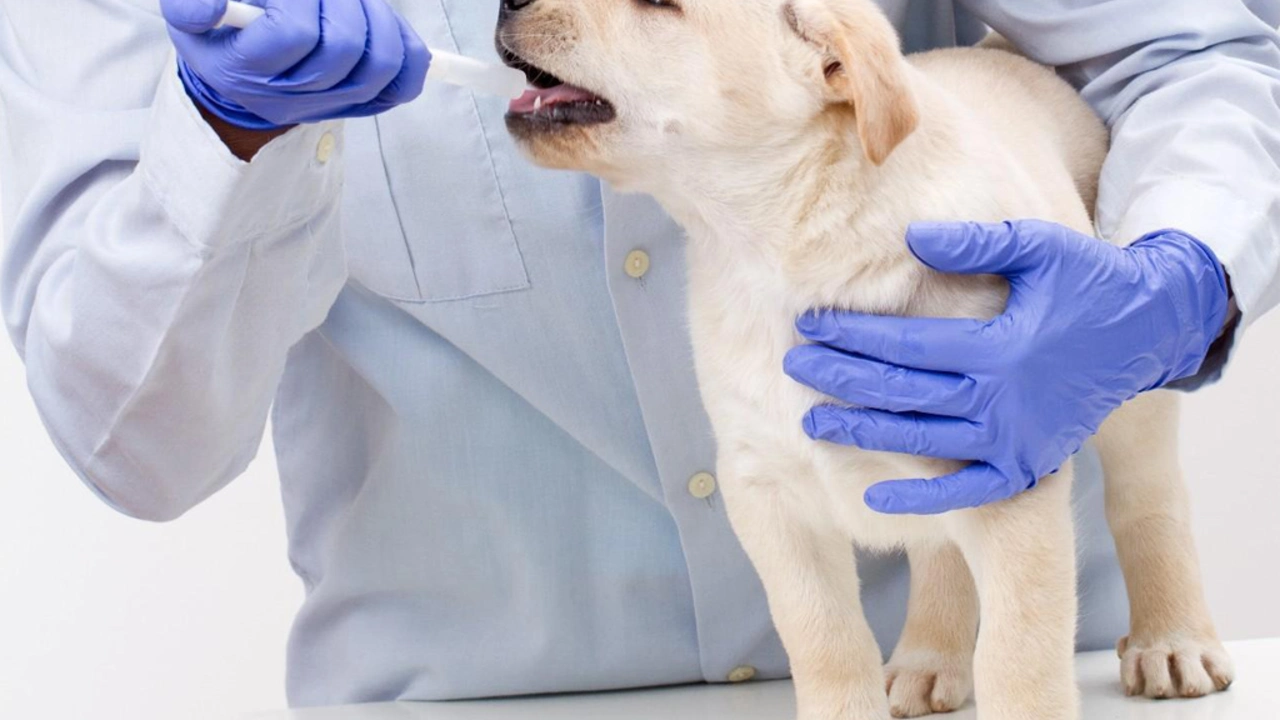Diarrhea Treatment: Fast, Safe Steps You Can Use Now
Diarrhea can leave you weak and dehydrated in a few hours. The most important goal is to stop fluid loss and avoid complications. Below are clear, practical actions you can take at home, plus when to call a clinician.
Quick at-home fixes
Start rehydration immediately. Use oral rehydration solution (ORS) — it replaces water and salts. You can buy ORS packets or make a simple mix: 1 liter (4 cups) clean water, 6 teaspoons sugar, and 1/2 teaspoon salt. Sip small amounts often. For kids, give a few teaspoons every few minutes if they won’t drink much at once.
Watch what you eat. For a day or two stick to bland foods: bananas, rice, applesauce, and toast (the BRAT approach). Avoid dairy, fatty foods, caffeine, and high-fiber veggies until stools normalize. Small, frequent meals work better than large ones.
Over-the-counter meds can help. Loperamide (Imodium) slows bowel movements and can ease cramps and urgency. Bismuth subsalicylate (Pepto-Bismol) helps mild traveler’s diarrhea and reduces stool frequency. Don’t use loperamide if you have bloody stools, high fever, or signs of severe infection — it can make some infections worse.
Try probiotics for recovery. Strains with evidence include Saccharomyces boulardii and Lactobacillus rhamnosus GG. They can shorten symptoms by a day or so, especially for infectious and antibiotic-related diarrhea.
When to see a doctor and when antibiotics may be needed
Check for danger signs: very little urine, dizziness, severe belly pain, blood in stool, persistent high fever, or vomiting that prevents drinking. If diarrhea lasts more than 48–72 hours in adults, or any dehydration signs appear, get medical help. For babies under 6 months or elderly people, contact a doctor sooner.
Most diarrhea is viral and clears on its own. Antibiotics are only for certain bacterial causes or specific risks. If you have severe bloody diarrhea, high fever, or suspect traveler's diarrhea that’s severe, a clinician might prescribe an antibiotic after evaluation. Also tell your doctor if you recently took antibiotics — that raises the risk of C. difficile, which needs specific treatment.
Prevention matters. Wash hands after bathroom use, before eating, and when handling food. Drink bottled or boiled water while traveling in risky areas. For infants, rotavirus vaccination cuts severe diarrhea risk significantly.
Final tip: keep an eye on hydration and energy. If sip-and-wait plus OTC steps don’t improve things in a couple of days, or if symptoms get worse, seek care. Quick action on fluids and sensible medicine choices will usually get you back on your feet fast.

Loperamide for Pets: Can it Help Your Furry Friend?
Hi there! If you're like me, you want the best for your furry friend. That's why I've decided to look into Loperamide for pets to see if it can help our companions when they're not feeling their best. This medication is often used for diarrhea, but is it safe for our pets? Let's explore this topic together and make sure we're doing all we can for our four-legged family members' health. After all, a well-informed pet parent is a successful one.
Read More




